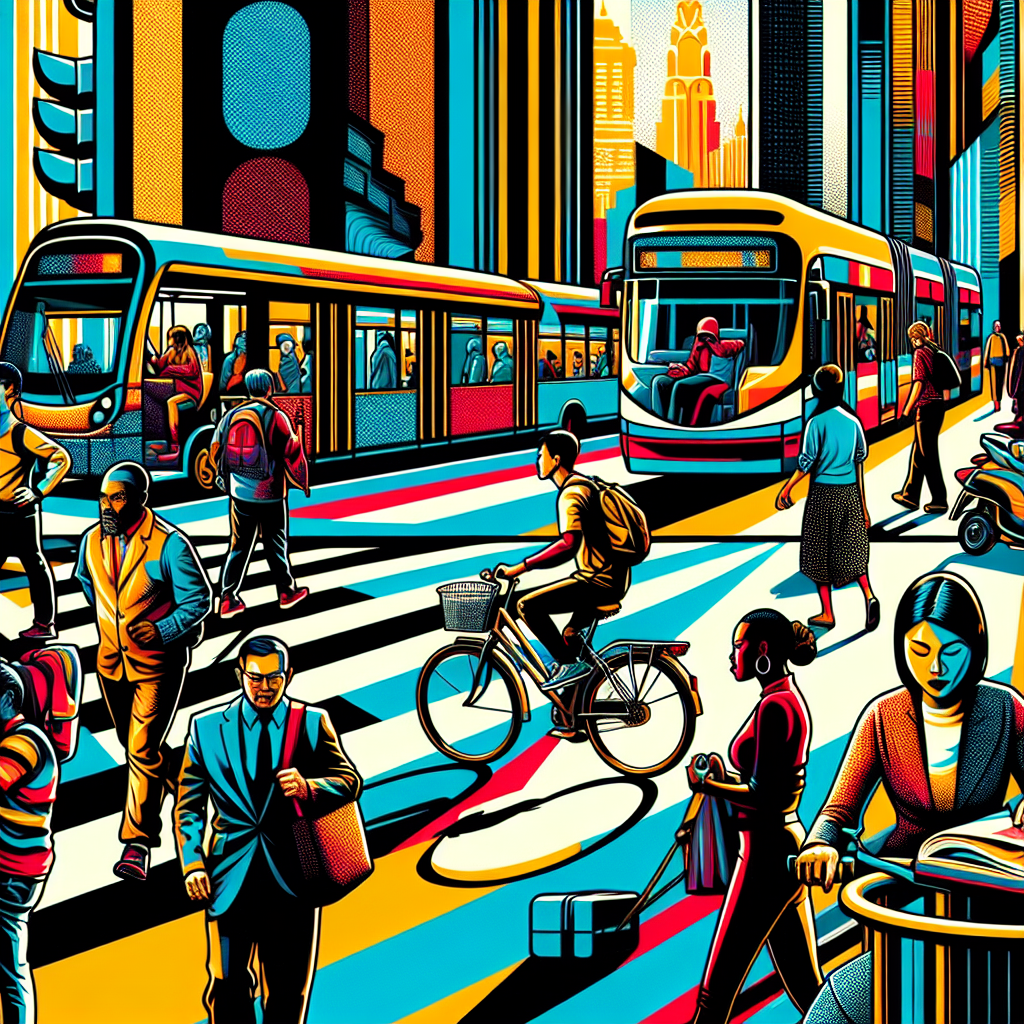Commuting to work has long been a staple in the lives of countless people worldwide. It’s not just about getting from point A to point B.
Instead, it’s a complex dance of timing, patience, and sometimes, sheer will. Commuting can be a significant aspect of the human experience, and has recently emerged as a fascinating topic for exploration.
Let’s delve into the rich tapestry of commuter stories, how they shape our lives, and what they tell us about our increasingly interconnected world.
The Magnetism of Metropolitan Commutes
In the bustling metropolises, commuting is often a test of resilience. The subway platforms thrum with humanity, each individual wrapped in their own world, yet intrinsically linked by their shared journey. From the casual conversations struck up between strangers, to the shared experiences of delays and crowded carriages, commuting in large cities is a unique experience.

Interestingly, these shared experiences often translate into unspoken rules of conduct. For instance, there’s an accepted etiquette about letting passengers alight before boarding, and many regular commuters have internalized exactly where to stand for efficient access to exits at their stop. Observing these patterns is like watching a well-choreographed ballet play out daily.
The Solitude of Rural Routes
On the flip side, commuting in rural areas offers a stark contrast. Often, these commuter stories revolve around solitary drives across long, winding roads. The rhythm here is dictated by the natural world, from the rising sun to the cycles of local wildlife.
While metropolitan commuters bond over shared experiences, rural commuters often form connections with the land and the solitude it offers.
The Digital Revolution in Commuting
Advancements in technology are redefining commuting. Today, you can book a seat on a ride share, track your bus in real-time, or find the fastest route to your destination all at the touch of a button. Digital platforms have also created communities where commuters can share updates, advise on traffic conditions, or just vent about their commuting woes.
Moreover, the shift towards remote work has introduced the concept of ‘virtual commuting’, where individuals transition into work mode without leaving their homes.
The Influence of Commuting on Mental Health
The psychological impact of commuting is a topic of emerging interest. Long commutes have been linked with increased stress levels and lower life satisfaction. On the other hand, commuting can provide a buffer between work and home life, a chance to decompress or mentally prepare for the day.
The act of commuting, whether by packed metro or country road, is a fundamental part of many people’s days. It shapes our routines, impacts our mental well-being, and influences our understanding of the world around us. Commuter stories, both shared and solitary, are a testament to the human capacity for adaptation and resilience. Whether we are thumbing through a novel on the subway, listening to a podcast on a rural drive, or navigating a digital commute from the comfort of our homes, these journeys are intrinsic threads in the fabric of our lives.